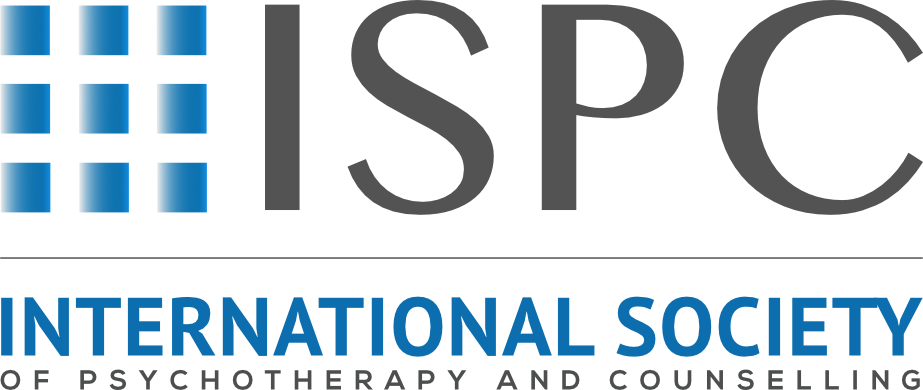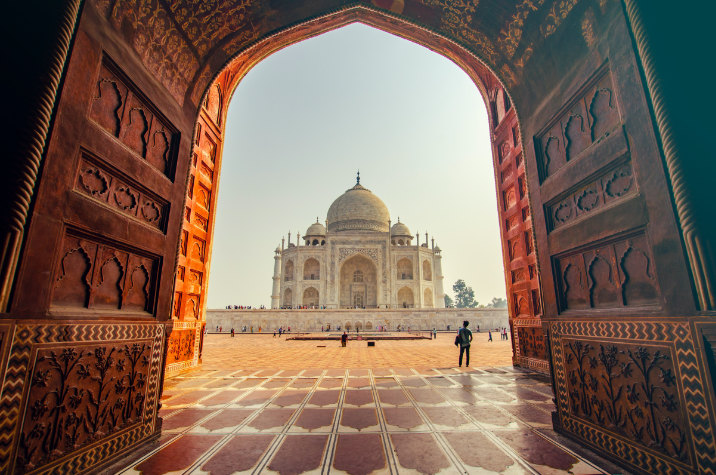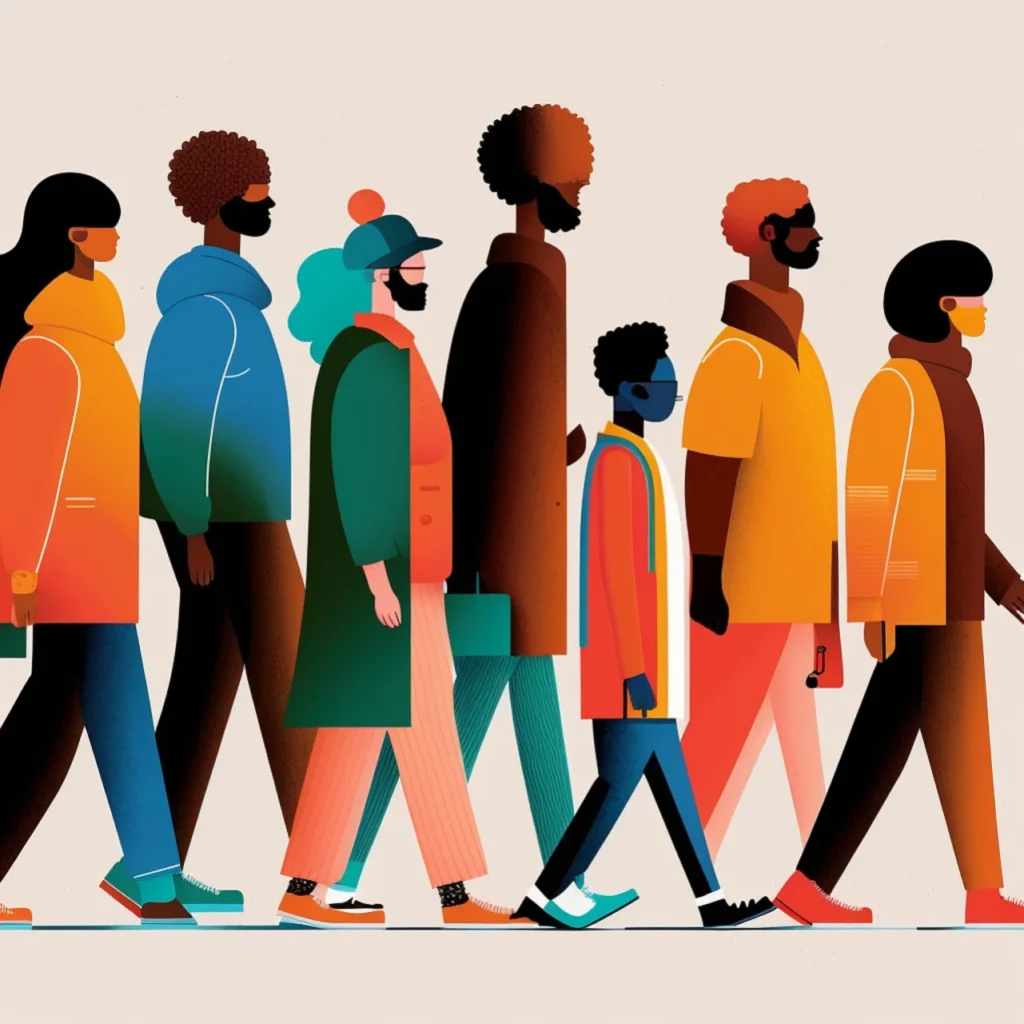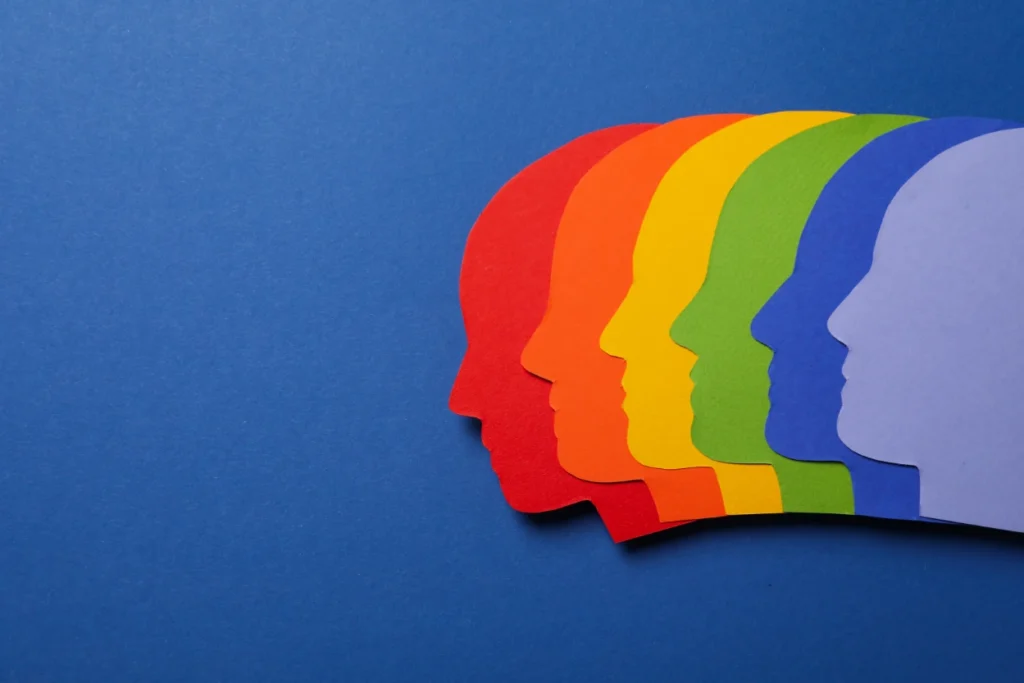Understanding the Challenges & Frame of Reference in India
Our Frame of Reference refers to the way we perceive people and the world around us. This is influenced by several factors, including our identity, experiences, education, exposure to media, culture, socio-economic background to name a few. When it comes to understanding how people from various backgrounds and cultures perceive Mental Health and issues around it, it helps to look at the frame of reference of these Individuals while also looking at the ecosystem around them.
India. A nation of bright colours, varied landscapes, rich cultures, diverse ethnicities, and over a billion people; But also, a nation which according to the WHO has 7.5% of its population having some form of Mental Health condition but less than 10% of them going on to receive treatment; One of the fastest growing global economies, but when it comes to India’s health budget, mental healthcare costs account for a minuscule 0.06% & to put in perspective, this amounts to INR 0.33 (approximately 25p) per patient spend in the country.
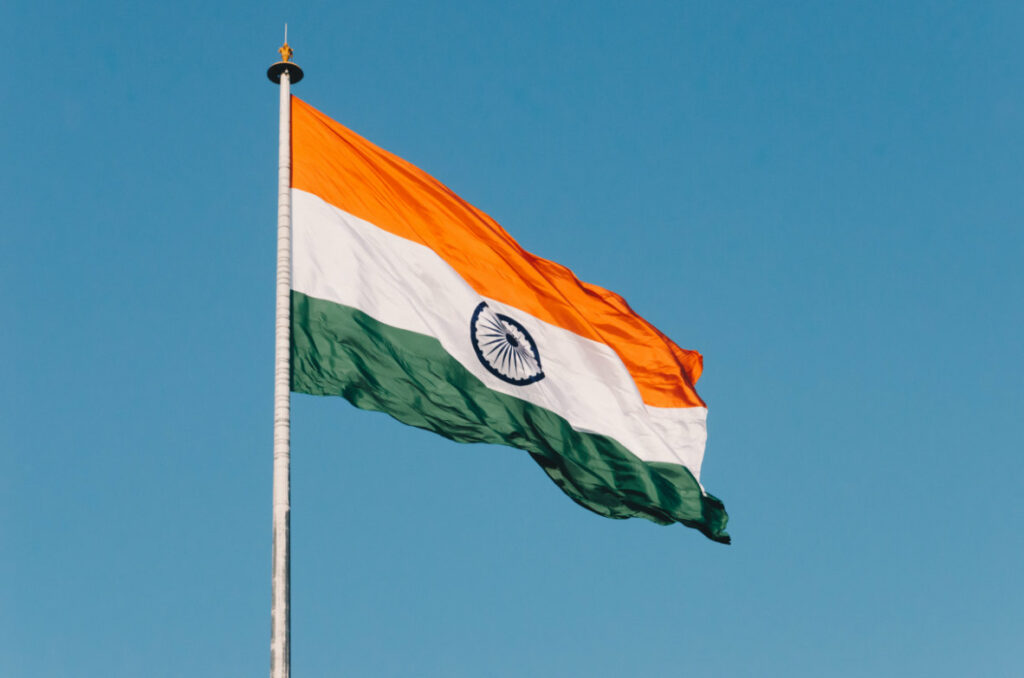
Talking about mental health in India
Now keeping in mind this landscape, we will look at how India looks at Mental Health while briefly examining the general attitudes and perceptions, the semantics used when talking about Mental Health, the nature of professionals available in the country, the role of the media in shaping narratives and where the Law stands in relation to various paradigms of Mental Health.
We’re in the year 2022. The world is making progress when it comes to the awareness, support and treatment options around Mental Health and yet it remains a taboo topic, one laced with shame, stigma and prejudice, and hence one which is reserved for hush-hush conversations. Sadly, this is still the case even today in India. Plagued with the fear of being taunted, ridiculed, shamed, branded a ‘failure’, and being bogged with the thoughts of ‘log kya kahenge?’ (What will people say?), Mental Health remains deeply misunderstood and stigmatised in the country. Mental Health for many is frequently tagged as a problem of the ‘urban-rich’ in India or something faced by the privileged folk; and when you look at these groups, they are forced to typically hide their issues due to fear of being looked down upon and judged by a conservative society who will not understand their plight. Toxic positivity is something which is engrained in the older generations, so for a younger generation in a country where familial ties are supposed to be above all (even if the family is abusive, toxic or the root of the problem in the first place!), the statements like ‘snap out of it’, ‘you are a disgrace’, ‘how can you be so ungrateful? – have we not done enough for you?’ are things which only make things worse.
Should their vulnerabilities become known…
Here’s the thing about the stigma though, it has managed to cut across the lines of gender, caste, religion, socio-economic strata in the country and holds a commanding position when it comes to regulating people’s decisions, because should their vulnerabilities become known to the world outside, it will only open the door to endless judgement, shame, and gossip. This leads to people suppressing their feelings and their need for accessing support. If you feel the stigma and perception isn’t real, think about this – according to the recent survey in India, 60% of respondents believed that people with mental illness should have their own groups to avoid ‘contaminating’ healthy people and 68% believed that they should not be given any responsibilities!
Our words carry tremendous power, and in a Mental Health context they have the power of shaping narratives and perceptions that people might have. In commonplace language, those with Mental Health conditions are often referred to as ‘pagal’ (crazy or mad), a Mental Health Institution is referred to as a ‘pagal khana’ (mad house), and Mental Health professionals are termed as ‘pagalon ka Doctor’ (doctor for the mad people). In both urban and rural spaces, the phrase ‘Dimaag kharab hai’ (the brain is bad/ broken/ not functional) is also used so colloquially to refer to someone being foolish or when they make a blunder, and all this adds to the stigma. Moving ahead, according to one survey looking at how India perceives Mental Health, 62% of participants reported to using terms such as ‘retard’, ‘crazy’, ‘mad’, ‘stupid’, ‘careless’ & ‘irresponsible’ to describe people with mental illness. This itself speaks volumes. Language is one of the strongest tools we have to express ourselves and the responsibility for it to be used sensitively lies with us.
Conversations around Mental Health…
Another challenge in India is around the lack of vocabulary to talk about Mental Health in vernacular languages other than English. Let’s not forget, India has 22 official languages, but as a nation, it is home to 121 languages and 270 mother tongues. This is one of the reasons why conversations around Mental Health are often perceived as elitist and restricted to urban spaces. In the few regional languages that have managed to develop some terminologies around Mental Health, these remain far from the general masses and are limited to the realms of medical and academic circles.
What can be said about the media and cinema other than it is sad that in a time when the world is making progress with the discourse around Mental Health, this is still a time when movies have been considered with titles like ‘Mental hai kya?’ (Are you Mental?), songs like ‘Psycho Saiyaan’ (Psycho lover), headlines using terms like bipolar and schizophrenic as adjectives are flying around, perpetrators of heinous crimes like rape, murder or mob lynching are referred to as ‘mentally ill/ unstable/ deranged’, guidelines around suicide reporting are more often than not thrown to the winds, and strategies of political parties are termed as ‘suicide missions’ – so the less that is said on this regard, the better!
When it comes to the treatment gap in India for Mental Health conditions, the National Mental Health Survey (2016) highlighted that this stood between 70-92% across different Mental Health disorders. When it comes to Mental health professionals – India faces a dual challenge, not only is here a significant dearth of qualified professionals, but there is also a thriving population of pseudo professionals and those with very wishy-washy qualifications owing to the lack of strict regulations in the sector.
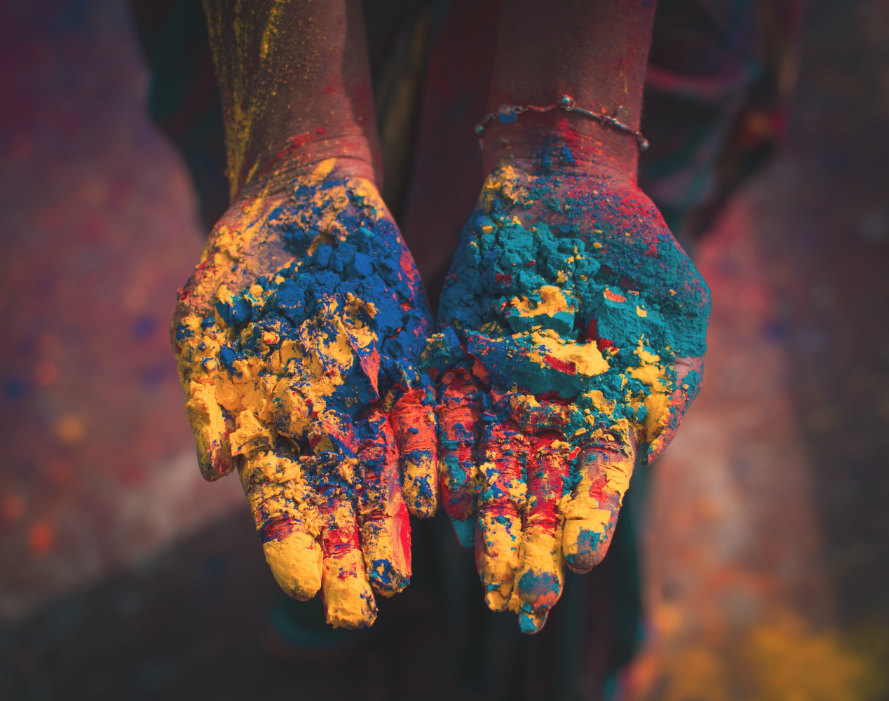
Looking at the numbers…
First, let us look at the numbers – Data suggests that India has approximately 9000 psychiatrists, 2000 psychiatrist nurses, 1000 social workers, 2000 clinical psychologists and 56,6000 psychiatric beds to cater to its entire population. While there are guidelines on who can be a clinical psychologist and psychiatrist in the country, the problem lies when it comes to counselling psychologists, counsellors and running of helplines. To be a counselling psychologist, one must have a Masters degree, and given the lack in general awareness, those with this qualification will not specify whether they are counselling psychologists or clinical psychologists. Additionally, they will just refer to themselves as ‘psychologists’ and even be happy to dole out diagnoses to people who may approach them without knowing the limitations of their role better. In fact, the term ‘psychologist’ and ‘psychotherapist’ are used interchangeably in the country and some Mental Health professionals will even justify this by saying that ‘that’s how it’s always been, so it’s ok!’. When it comes to being a counsellor, it is even worse – individuals with lived experience with a flair for talking to people or those with online course certificates from platforms like Coursera will proudly call themselves Counsellors and practice! There are no memberships needed to practice as a counselling psychologist or a counsellor and neither are there regulations, so such miscreants and fly-by-night operators thrive. The same sadly goes for Mental Health helplines, and the Covid crisis only worsened this as every other person had taken their spare mobile number and advertised it as a ‘Mental Health helpline’ – no protocol, no training, no Mental Health professionals behind it and no discussion around data protection, confidentiality and safeguarding. The worst bit is that these practices thrive, and the practitioners get away owing to the lack of awareness in the public and lack of regulations in the sector.
Mental Health doesn’t become an issue in elections, it rarely makes it to political discourse in parliament or in any of the election manifestos of political parties in India but providing good healthcare to its citizens is a fundamental right guaranteed by the Constitution of the country..
In fact, the Supreme Court of India has recognised that the “Right to Life” under the constitution is not just about safeguarding the mere act of breathing or existing but ensuring the quality of life and human dignity. It was in the year 2017 that India enacted the Mental Healthcare Act which aimed “to provide for mental healthcare and services for persons with mental illness and to protect, promote and fulfil the rights of such persons during delivery of mental healthcare and services.”
However, the provisions of the Act are far from being implemented even today. When it comes to the notion of suicide, while this has been decriminalised according to the Mental Healthcare Act (2017), the section under the India Penal Code which makes suicide and suicide attempts a criminal offence is yet to be struck down. Additionally, as per the Hindu Marriage Act (1955), a spouse having a Mental disorder is considered to be a valid ground for filing for divorce, especially if the disorder is considered to be incurable owing to which it cannot be expected from the couple to stay together.
There is a long way to go…
There is a long way to go when it comes to changing the narratives around Mental Health and the care available to those who need it, and given that we are still in a phase where shame and stigma prevail, talking about quality care is something which is far down the line. It is the dangerous cocktail of stigma, prejudice, misinformation and ignorance which not only hampers the Mental Health discourse in the country but also holds people back from seeking the help they might need.
When it comes to changing the views of society at large, we cannot expect them to start to care about something they don’t quite understand. To get there, the best step would be to focus on awareness drives and having regulations to prevent malpractices which exploit this lack of awareness in the population at large. The priority right now to begin with perhaps should be to drive home the message that Mental Health is a priority and denying its existence won’t make it go away!
D.Ll
